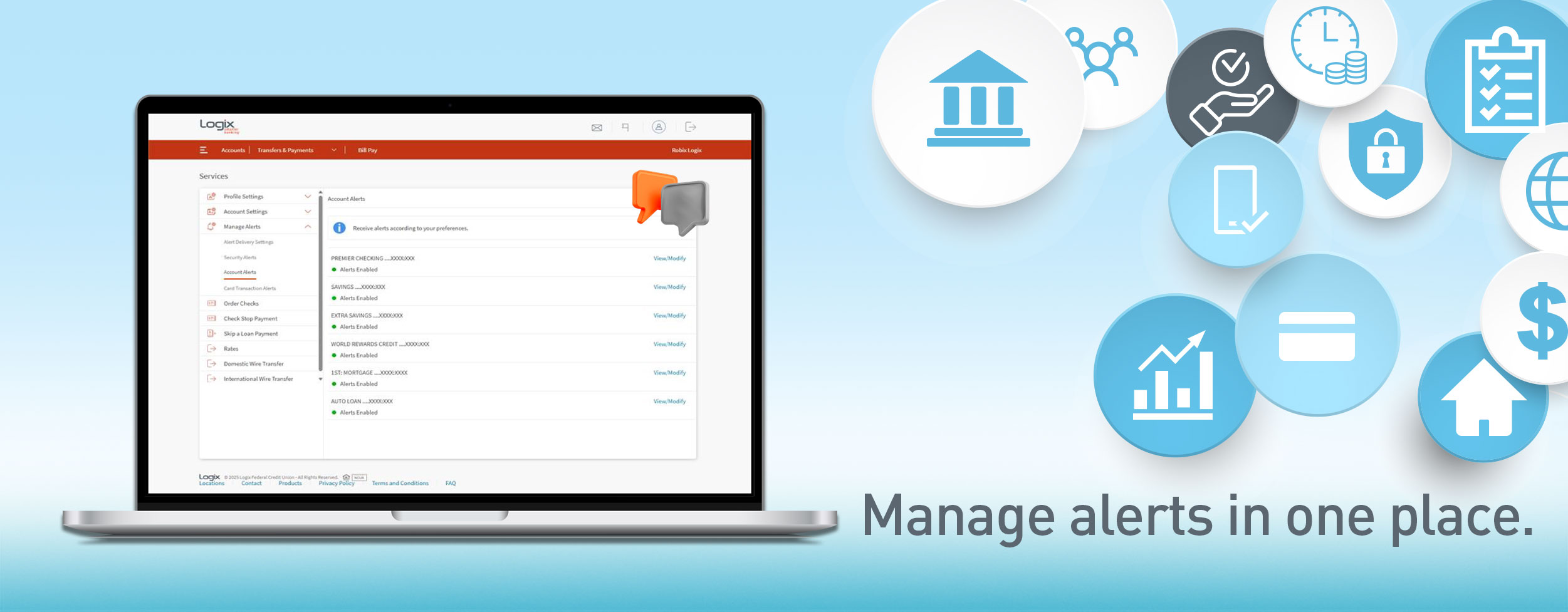
It’s tax season once again…have you filed your return? April 15th is this year’s deadline, and you can also file for an extension which extends your timeline to October 15th. (Pro tip: To avoid the fees often associated with tax prep sites, eligible individuals can head over to the IRS for free online filing options.)
In 2023 the average tax refund was $2,753, and many are seeing higher returns this year due to changes the IRS made to counteract inflation. Not sure how to optimize your return? We offer several suggestions for recipients on investing wisely.
1. Tackle Debt
While this may be a less exciting alternative to booking a weekend vacation, paying off credit card debt is a crucial step towards creating a healthy financial picture. Put your refund towards the credit card balance with the highest interest rate—this is the card costing you the most in the long run. The benefits of paying down debt are twofold: freeing up funds that would normally go toward high interest and potentially giving your credit score a boost.
2. Fund Emergency Savings
How prepared would you be in an emergency? If the mere thought is stress-inducing, you are not alone. 57% of Americans are unable to handle a $1,000 unexpected expense, and 81% of Americans did not increase their emergency fund last year at all.
When creating an emergency fund (or even just saving money for a rainy day), you can deposit a percentage of your tax refund into a designated savings account and then set up automated weekly or monthly deposits. Even regular contributions between $50 and $100 add up over time, and when the unexpected happens, you will be less likely to rely on credit cards.
3. Plan for the Future
What are your long-term financial goals? Do you want to build your retirement fund or save up for your children’s future education? It is never too late to start saving, and your tax refund deposit can be a great building block to get started or a lump sum contribution if you have already laid the groundwork with an IRA or 529 plan.
4. Upgrade your Home
A little investment in your living space can go a long way. Are there any home upgrades that might decrease your monthly energy bills (for example switching to a smart thermostat or installing solar panels)? Might this be the time to replace an outdated appliance or upgrade fixtures in the bathroom? In addition to improving the functionality and aesthetic of your home, you will increase the resale value of your property.
5. Start a Side Business
If you are regularly trading business ideas with friends or daydreaming about creative side ventures (like starting a photography business or opening an online store for homemade goods) your tax refund can be the seed money that brings your ideas to fruition.
Whether it’s purchasing a web domain, startup materials, or inventory, you can finally take those first steps toward making a profit (without sacrificing the stability of your current job.)
Need additional inspiration on how to spend this year’s tax refund? Check out this online course, Making the Most of Your Money available on LearningLab+. It’s quick, free, and designed to help you create a game plan for spending wisely.
-----------------------------------------
*Logix has partnered with GreenPath Financial Wellness to give members access to additional financial wellness content, including this blog article. Views and opinions expressed in the financial wellness content are those of GreenPath and may not always represent the views and opinions of Logix Federal Credit Union. Logix Federal Credit Union is not affiliated with GreenPath, and is a separate entity.Please contact Logix at (800) 328-5328 or visit www.lfcu.com if you have any questions about this topic or would like to consider opening an account.
Logix is Federally Insured by NCUA and is an Equal Housing Lender.




%20(952%20x%20317%20px)-2.png)






